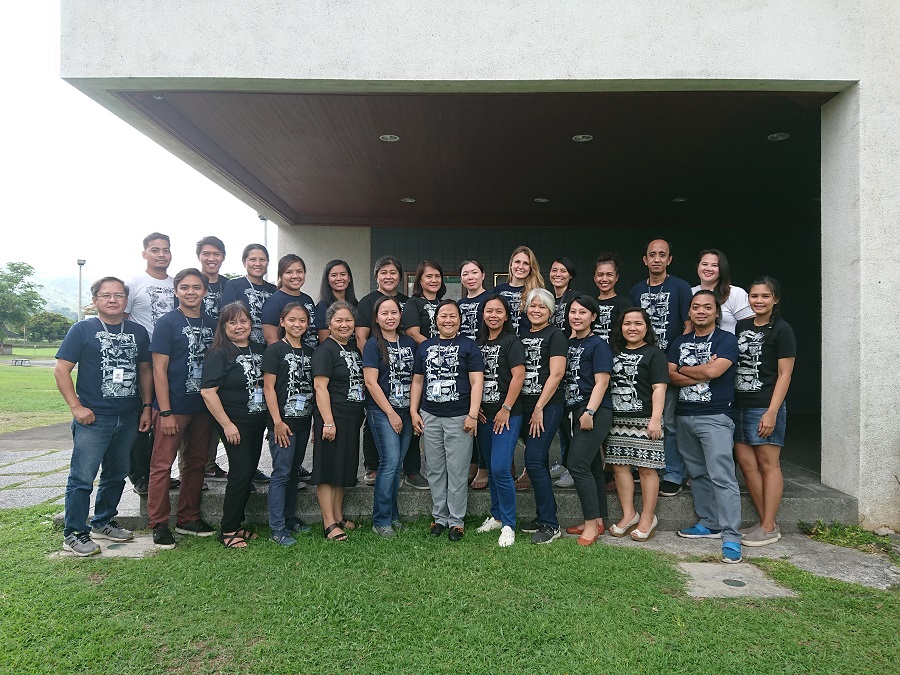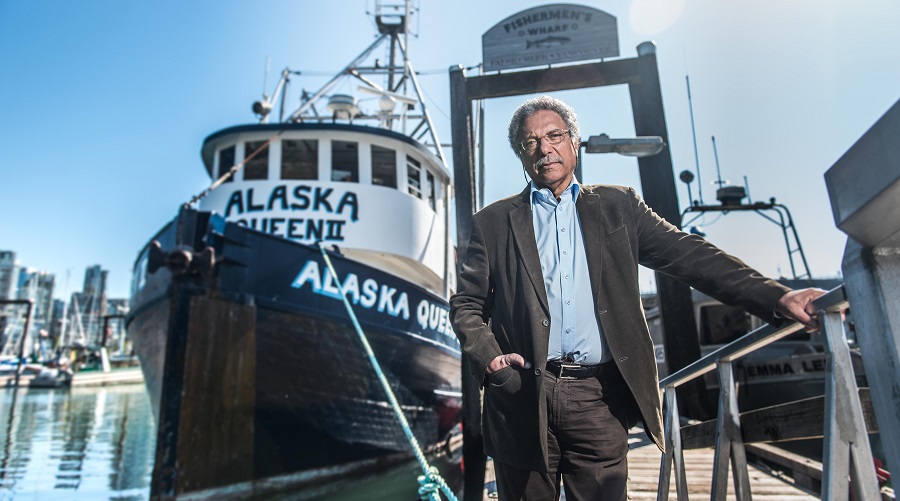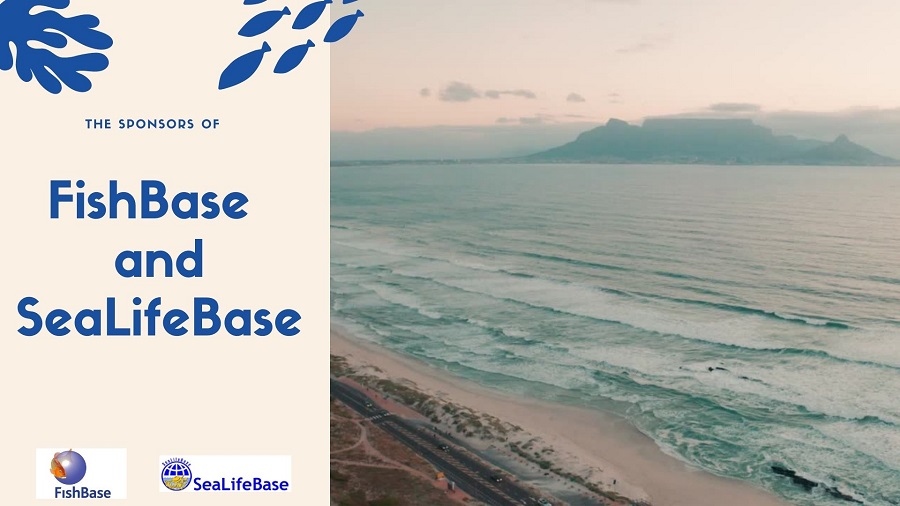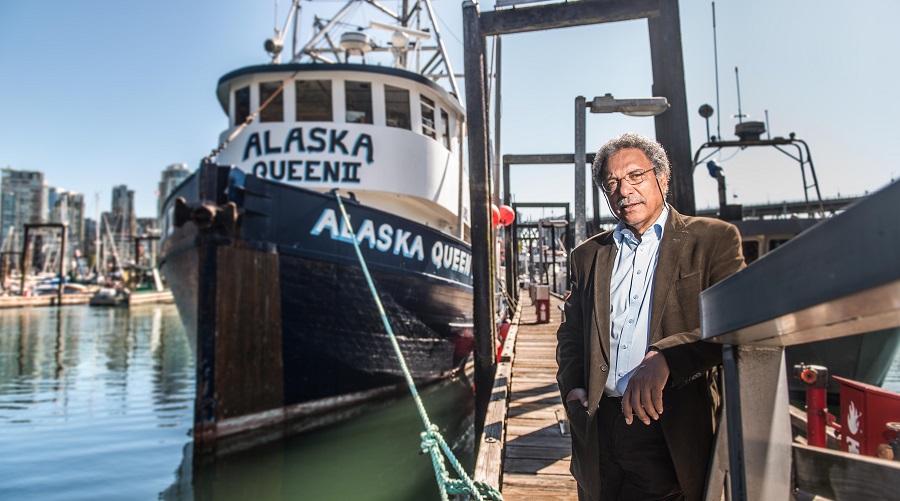As part of the campaign that was launched in 2020 to celebrate the 30th Anniversary of FishBase and the 15th Anniversary of SeaLifeBase, we are joining forces with our partner projects and presenting the stories of the people behind the scenes who have been instrumental in ensuring the longevity of these two global biodiversity information systems.
Tag: Daniel Pauly
Daniel Pauly awarded Beverton Medal by Fisheries Society of the British Isles
The Sea Around Us Principal Investigator, Dr. Daniel Pauly, has been awarded the Beverton Medal for 2021 by the Fisheries Society of the British Isles in recognition of his groundbreaking research and lifelong contribution to the study of fish and fisheries science.
Understanding why fish grow the way they do and getting serious about it
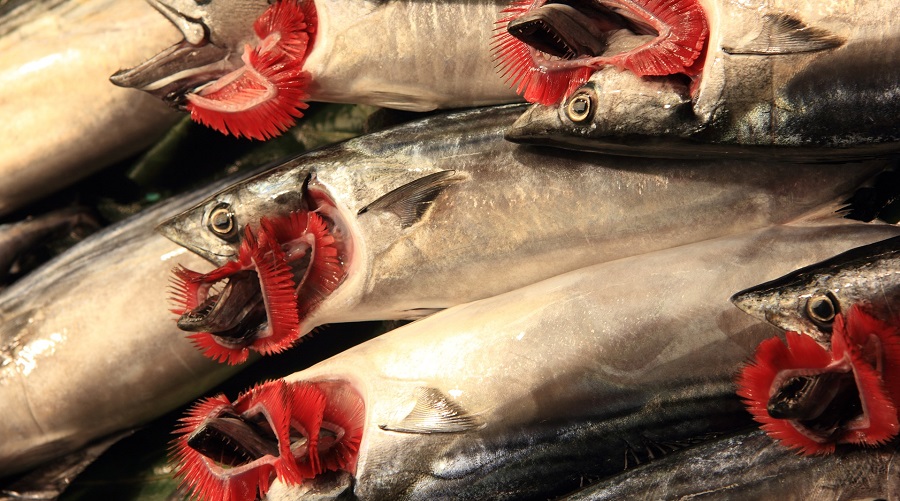
Fish gills. Image by 2427999, Pixabay.
The distribution and concentration of dissolved oxygen and water temperature in the oceans and freshwaters are usually far more influential in shaping the growth and reproduction of fish than the distribution of their prey.
In a new paper in Science Advances, Daniel Pauly, principal investigator of the Sea Around Us initiative at UBC’s Institute for the Oceans and Fisheries, argues that scientists need to avoid attaching human attributes to fish and start looking at their unique biology and constraints through a different lens.
Who supports FishBase and SeaLifeBase?
Maintaining big data projects takes a lot. A lot of people to conduct research, populate databases, verify information, make the data accessible. It also requires a lot of material and financial resources.
Daniel Pauly takes the top spot as the most cited fisheries scientist in PLoS Biology study
The Sea Around Us Principal Investigator, Dr. Daniel Pauly, continues to be among the top 0.01% of the world’s scientists based on the impact of his publications.


